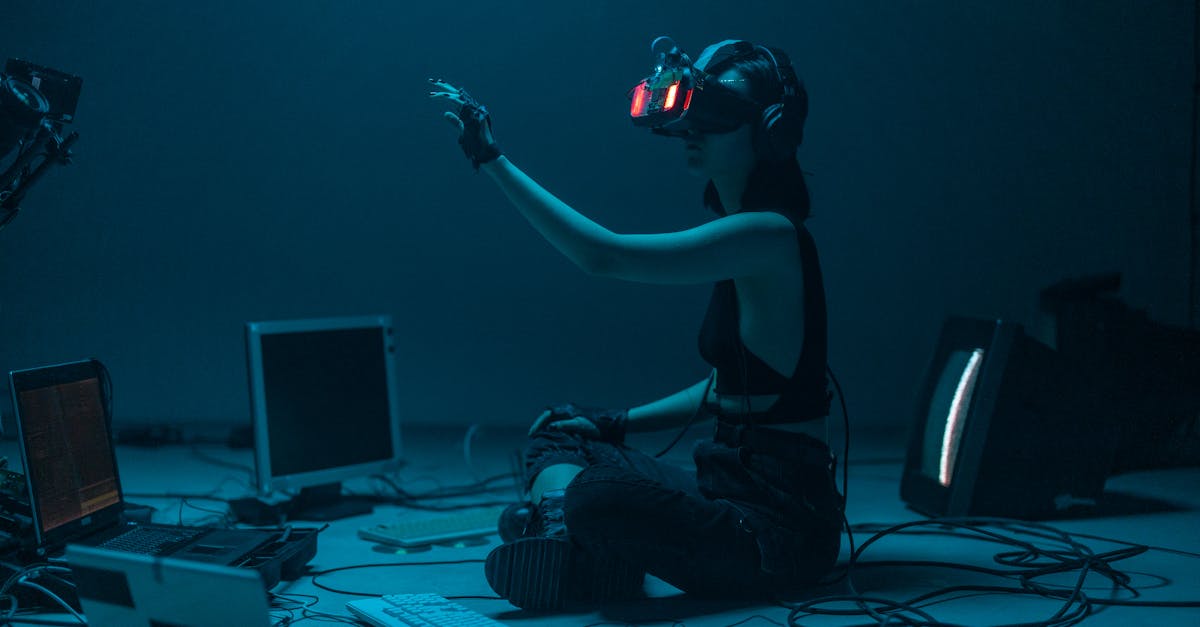Exploring The Metaverse Future of Virtual Reality
Introduction
The Metaverse is poised to revolutionize digital interactions, blending the realms of physical and virtual. Central to this evolution is virtual reality (VR), offering immersive experiences like never before. In this article, we explore the potential and future directions of this exhilarating new frontier.
Advertisement
Understanding the Metaverse
The Metaverse is a collective virtual space created by the convergence of virtually enhanced physical reality and physically persistent virtual reality. Envisioned as a parallel digital universe, it encompasses countless interconnected VR environments. Users can interact with each other and digital content in real-time, utilizing VR headsets and devices.
Advertisement
Role of Virtual Reality
Virtual reality serves as the gateway to the Metaverse, offering an immersive experience that blurs the line between digital and tangible. VR technology allows users to enter these virtual worlds, enabling activities such as gaming, socializing, and work, all within a virtual environment. This immersive experience is crucial for feeling presence and engagement in the Metaverse.
Advertisement
Technological Advancements
VR technology is rapidly advancing, with innovations such as haptic feedback, improved graphics, and smaller, more comfortable headsets. These advancements contribute to more convincing virtual environments, enhancing user experience and expanding the potential applications of VR within the Metaverse.
Advertisement
Social Interactions
In the Metaverse, social interactions transcend traditional digital communication. Users can meet in virtual spaces, attend concerts, or participate in collaborative work environments. This level of interaction fosters a deep sense of community and belonging, as individuals engage with each other in ways previously unimagined.
Advertisement
Economic Opportunities
The Metaverse presents limitless economic opportunities, from digital real estate to virtual goods and services. VR can facilitate virtual workplaces and marketplaces, where users can trade, collaborate, and innovate, leading to new economic models and industries based within the Metaverse.
Advertisement
Entertainment and Creativity
The Metaverse offers a new avenue for entertainment, allowing users to watch movies, attend virtual events, or explore interactive art installations. VR tools empower creators to author experiences that surpass traditional media, encouraging collaboration and new forms of artistic expression.
Advertisement
Education and Training
Education and training have much to gain from VR in the Metaverse. With immersive simulations and realistic environments, learners can engage in hands-on experiences, making complex subjects more accessible. This approach suits not only students but also professionals requiring specialized training.
Advertisement
Challenges and Ethical Considerations
While promising, the Metaverse faces challenges like data privacy, user safety, and digital inequality. It's crucial to address these issues, ensuring a secure experience for all participants. Additionally, ethical considerations regarding digital identities, consent, and content within the Metaverse must be diligently addressed.
Advertisement
Conclusion
The Metaverse, powered by VR, promises an exciting future where digital and physical realities coexist seamlessly. As technology advances, new opportunities and experiences emerge, redefining how we interact, work, and play. Embracing these changes thoughtfully will be key to unlocking the full potential of the Metaverse.
Advertisement


